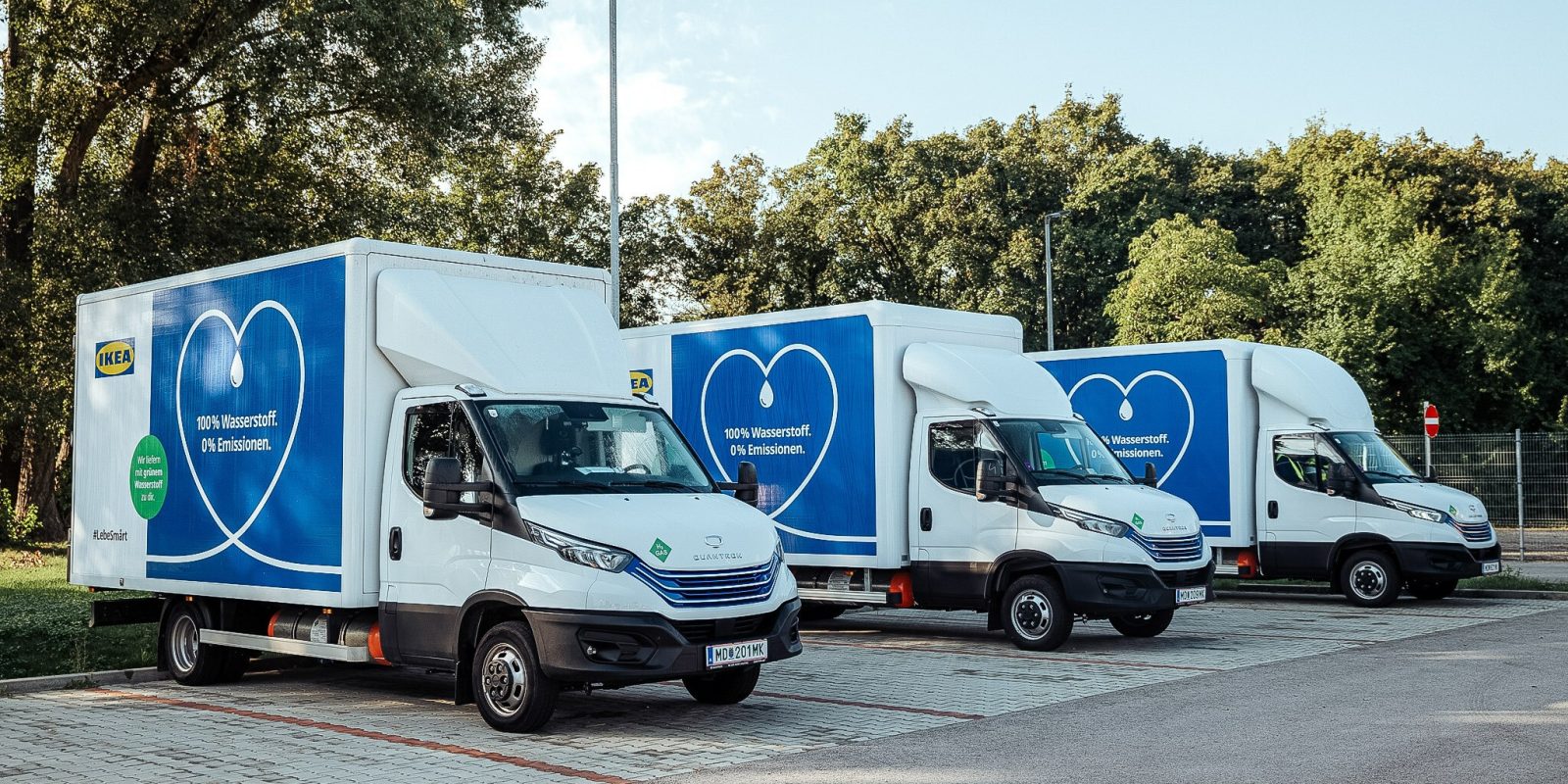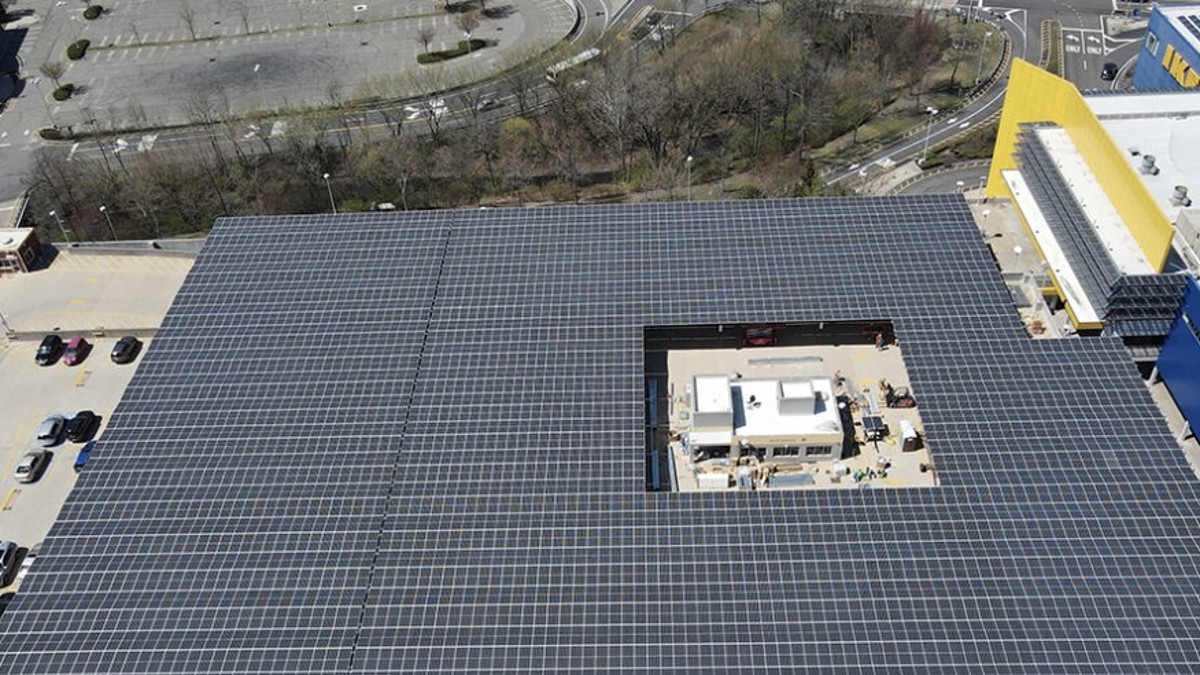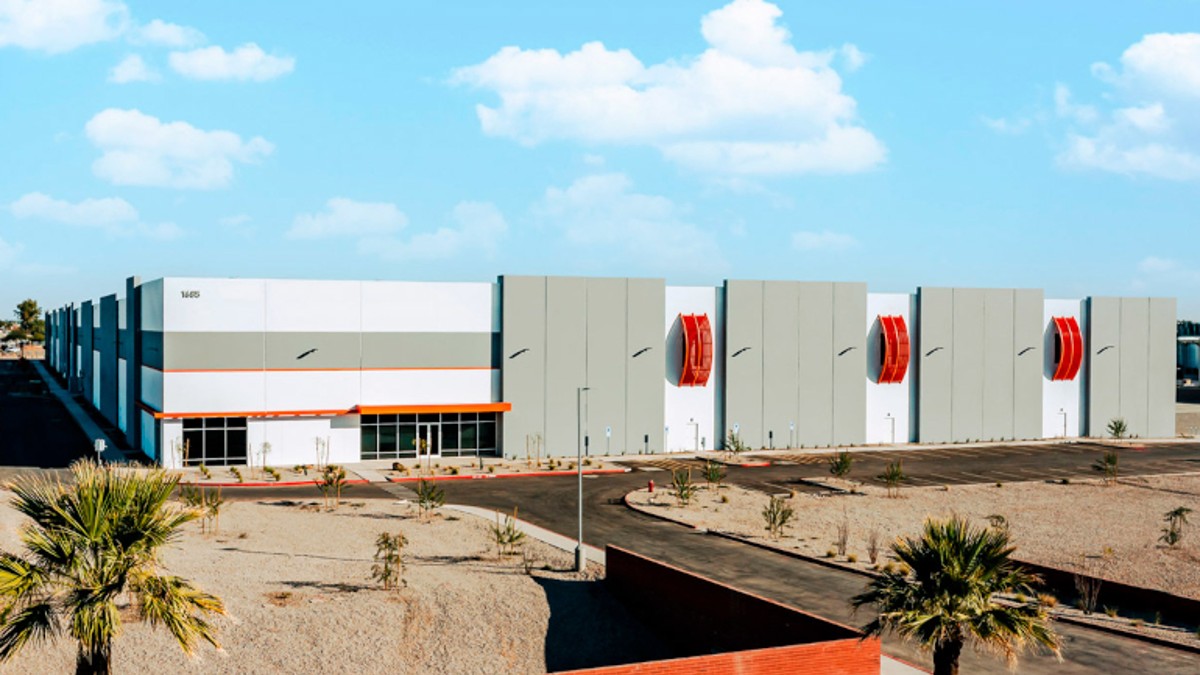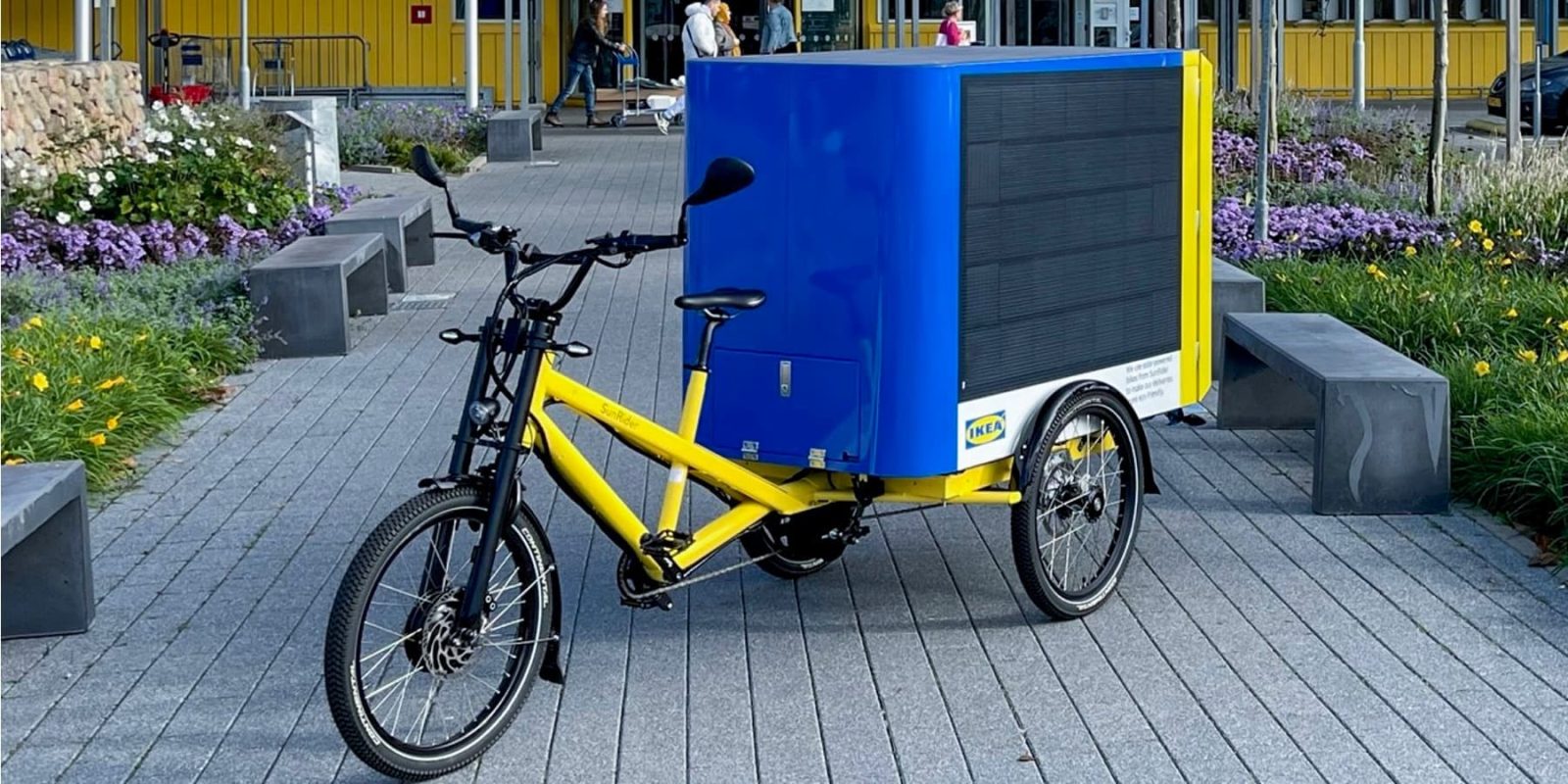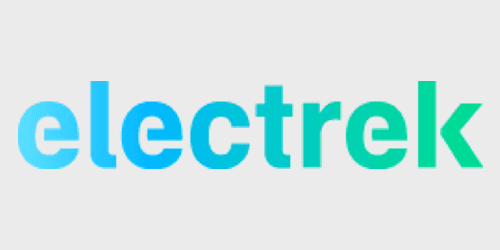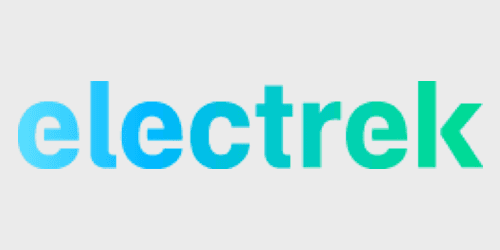The AP reports today that IKEA will begin selling solar panels. Not just a back up iPad battery but like whole house to grid assemblies.
Swedish flat-pack furniture giant IKEA will start selling residential solar panels at its stores in Britain, the first step in its plan to bring renewable energy to the mainstream market worldwide. The company started selling solar panels made by China’s Hanergy in its store in Southampton on Monday. It will sell them in the rest of Britain in coming months, it said.
A standard, all-black 3.36 kilowatt system for a semi-detached home will cost 5,700 British pounds ($9,200) and will include an in-store consultation and design service as well as installation, maintenance and energy monitoring service.
Getting Solar in front of more eyes and making it easier for consumers to swallow is a big step in improving consumer adoption. If the UK test run is successful (and if you can sell solar in cloudy Britain, why not?) then I’m hoping to see a wider rollout globally.
Even in Britian, the break even point for solar is 7 years so I’d imagine sunnier places, like *everywhere*, will be more successful. The UK does have a solar friendly environment however:
The U.K. government offers private solar panel owners the opportunity to sell back electricity to the grid on days when they have surplus production and has a financing plan for solar power investments, which means residents can buy a system for no upfront cost and pay it off gradually.

